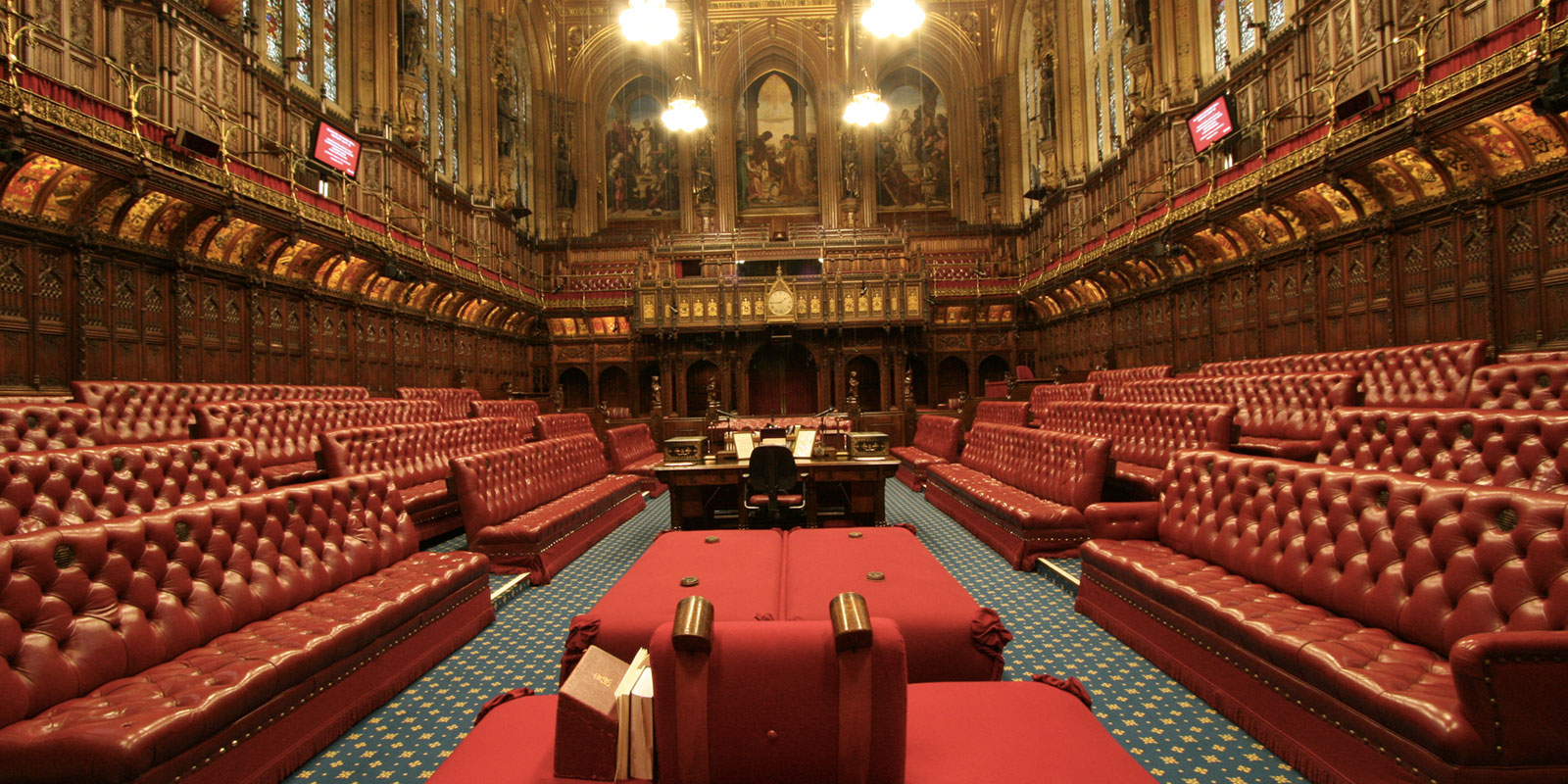House of Lords votes to cut ties between TEF and fees.
The House of Lords has passed an amendment to the government’s imminent Teaching Excellence Framework (TEF) that disallows any link between teaching standards and set tuition fees.
The ruling is a major defeat for the government, blocking an element which is crucial to how their new ranking system would work.
Previously, the terms of the government’s Higher Education and Research bill, released last year, stated that UK universities would be able to raise tuition fees by an amount dependent on where they ranked in the TEF.
The HoL amendment completely bars any such connection, stating that: “The scheme established under section 26 must not be used to rank English higher education providers as to the regulated course fees they charge to a qualifying person; or the unregulated course fees they charge to an international student; or the number of fee paying students they recruit, whether they are qualifying persons or international students.”
Under the new terms, top universities within the “gold, silver and bronze” style system will now not be given permission to raise tuition fees by £250 per students, per year, as a direct result of their ranking.
The government has previously permitted a fees rise of £250, raising the cap to £9250 – the first since fees tripled from £3000 in 2010. Some universities, such as Durham, have already begun implementing the rise. The government says the rises, alongside planned future increases, are to allow universities to keep fees in line with inflation.
Proposer of the amendment, crossbencher Lord Kerslake, agreed that a ranking system and an alignment of fees with inflation was necessary. However he expressed concern that the TEF was “not ready” to sufficiently rank teaching standards with the precision necessary for a link with fees.
He highlighted that “the TEF will apply to the university, not the subject or course”, meaning substandard courses at good universities would get an unfair boost in price.
Baroness Deech, also speaking for the motion, emphasised the potential for the fees rises to increase the gap between high end universities and bright students from disadvantaged backgrounds. Extra fees rises make better courses increasingly inaccessible to financially poorer candidates.
The HE bill will now return to the House of Commons where it is expected the government will strike down the amendment. However, the opposition demonstrates the continued controversy, and opposition, to the way the TEF will work.
Euan Hammond
(Image: Despatch Box)

